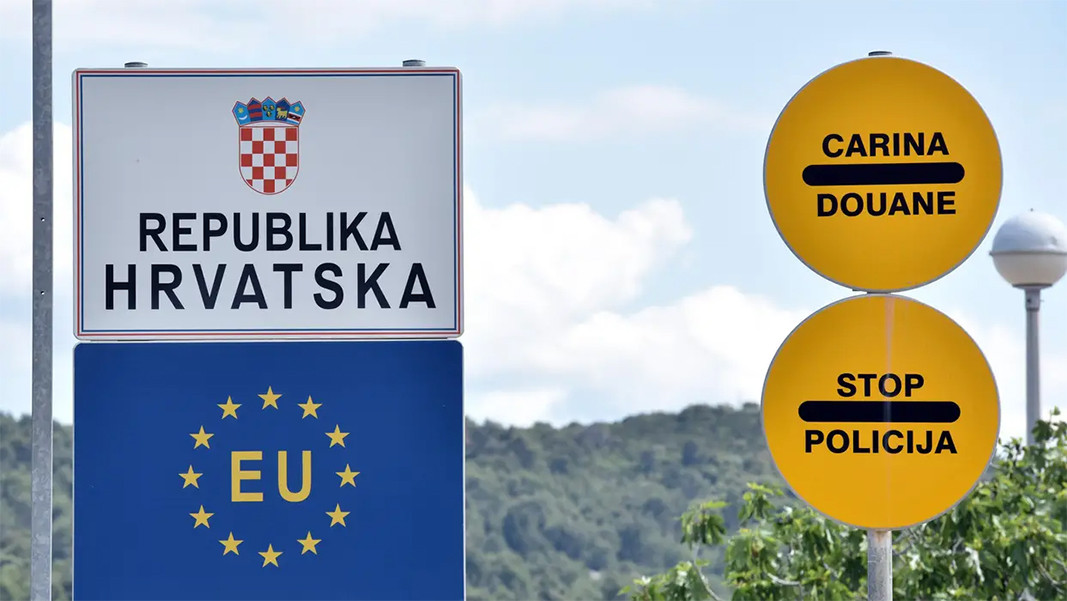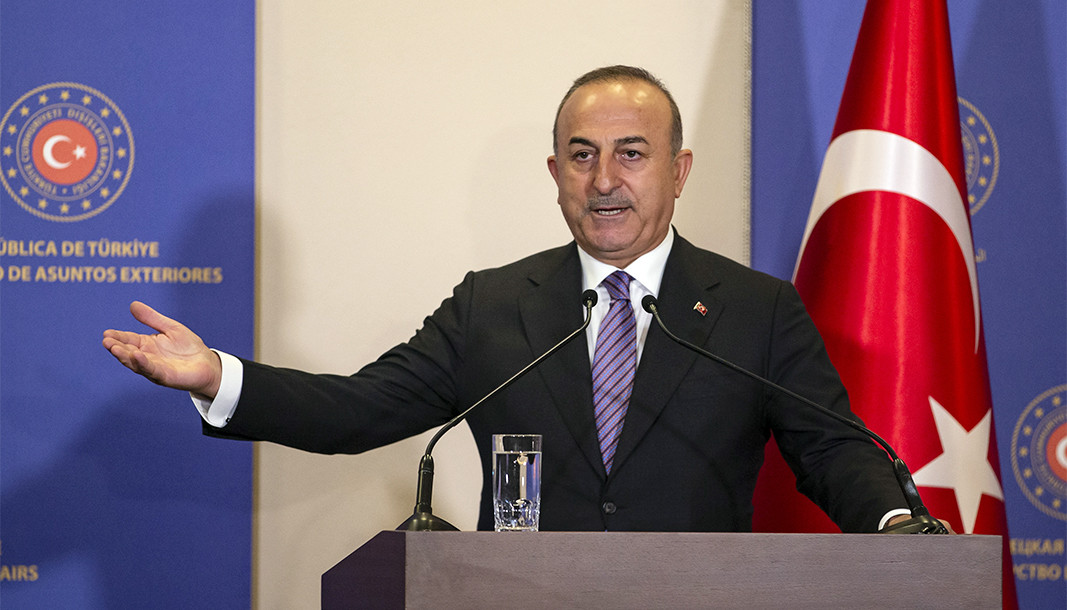HINA: No EU Member State has Objections for Croatia Entering Schengen Area

No member state had objections to the proposal to admit Croatia to Schengen, HINA reports. The accession of Bulgaria, Croatia and Romania to the Schengen area will be discussed next week in the Justice and Home Affairs Council.
According to diplomatic sources, the Dutch ambassador was against accepting Bulgaria, Germany supported all three countries, and Austria was against Bulgaria and Romania. Another diplomatic source told Hina that France is strongly committed to Romania.
The problem is that Bulgaria and Romania cannot be separated because the border between these countries was never even intended to be the external Schengen border, HINA reminds. To separate the two countries, it would be necessary to prepare the protection of that border and organize the border crossings in accordance with the Schengen rules, and this would take several years.According to the source, there may be pressure on those who oppose Bulgaria and Romania so that all three countries enter, but it is more likely that only Croatia will get the green light.
Turkish FM: EU should expand from the Balkans to Georgia

A new EU enlargement process is needed, encompassing countries from the Balkans to Georgia, Ukraine and Moldova, Turkish Foreign Minister Mevlut Cavusoglu said, quoted by BTA. According to him, "this region cannot be a whole without Turkey's participation". In his words, the conflict in Ukraine shows the need to reshape the architecture of security in Europe.Turkey has been conducting formal EU accession talks since 2005. However, they have been frozen for several years.
EU assures Greece that it is working to solve illegal migrants problems

EU is working to reform the conditions for accepting migrants and granting refugees protection status, European Commission Vice President Margaritis Schinas told the Greek media during his visit to Athens. He stressed that the surge of illegal migrants is a challenge not only for the countries on the external border, but also for all EU members. Turkey is an important factor for migrant inflows and must respect the agreement with the European Union, according to Athens. Mr Schinas recalled that Greece had received almost €2 billion in aid for border security and migrant accommodation. Neighbouring external European borders countries are also receiving aid.
The problems surrounding the Balkan illegal migrant routes will be among the topics of discussion at the EU-Western Balkans summit in Tirana on 6 December. Human trafficking is a lucrative business and very difficult to curb, experts in Greece say. Migrants report paying up to 4,000 euros to traffickers to enter a European country illegally, BNR correspondent Katya Peeva reported from Greece.
EU allocates another €10 million for the Armed Forces of Bosnia and Herzegovina

The Council of the European Union has decided to allocate an additional €10 million to support the armed forces of Bosnia and Herzegovina, BTA reports. The new aid measure will fund field equipment, key tools for military equipment and materials for protection against chemical, biological, radiological and nuclear threats. The aid will also allow for the sustainable deployment of a NATO-designated battalion and the continuation of the demining process.
In November 2021, the EU provided €10 million in assistance to the AFBiH demining battalion, and in June 2022 another €6 million assistance measure was announced for the Balkan Medical Task Force (BMTF) and for EUFOR Althea's continued support to BiH forces, including through training.
The presence of mines and unexploded ordnance continues to pose a serious security problem for Bosnia and Herzegovina, posing a direct threat to the population and seriously hampering post-conflict reconstruction.
За 90% от румънците в чужбина медиите са връзката им с родината

For 9 out of 10 Romanians in the Diaspora it is important to stay connected to their home country through Romanian or Romanian-language media, says a survey by Google concerning the use of technology by the Romanians living abroad. Over 70% of them follow Romanian content frequently (at least 2 or 3 times a week). According to the survey, 57% of the Romanians living abroad listen to Romanian music, 53% watch Romanian TV channels, 51% read Romanian online publications and 26% listen to Romanian radio stations. The survey involved Romanian internet users aged over 18, living in Germany, Spain, Italy and the UK, between November 11 and 16, 2022, Radio Romania International reports.
On 1 December, Romania celebrated its national holiday. “Let us prove that December 1 is truly the day of our unity, a day of all those whose hearts tremble before the national colours, the PM Nicolae Ciucă says in a message on National Day.
Compiled by: Miglena Ivanova
The 10 main risks are facing the country in the coming decade, shows a national expert study entitled "Ten years, ten risks for Bulgaria" , BTA reports. "Deterioration of the education system" is the top risk cited by the poll. "Further..
You tell me what you have on your table so I can tell you what you are celebrating. This is a joking way of looking at the Bulgarian calendar of holidays from ancient times to the present day. The truth is that holiday meals have always been a very..
Autism spectrum disorders are growing exponentially around the world. Bulgaria is no exception. While more than a decade ago, one in 10,000 children worldwide was diagnosed with autism, today, on average, one in 70 children has an autism spectrum..
A little over 1,450 Leva is the sum needed per month by an individual living in a one-person household, and a total of 2,616 Leva for the monthly..
The traditional "Easter Workshop" will be held from April 23 to 26 in the Ethnographic Exposition of the Regional History Museum - Pazardzhik...
Every child dreams of having all the time in the world in which to play and enjoy piles of sweet delights. One of the most favorite, of course, is His..

+359 2 9336 661
